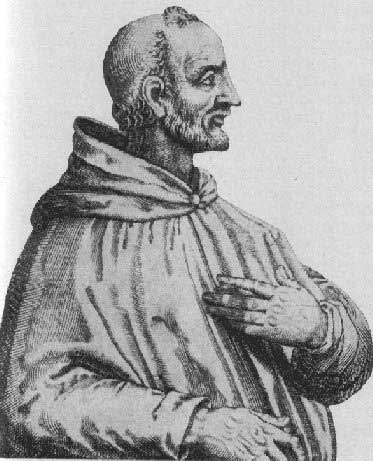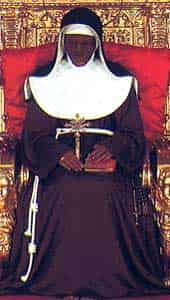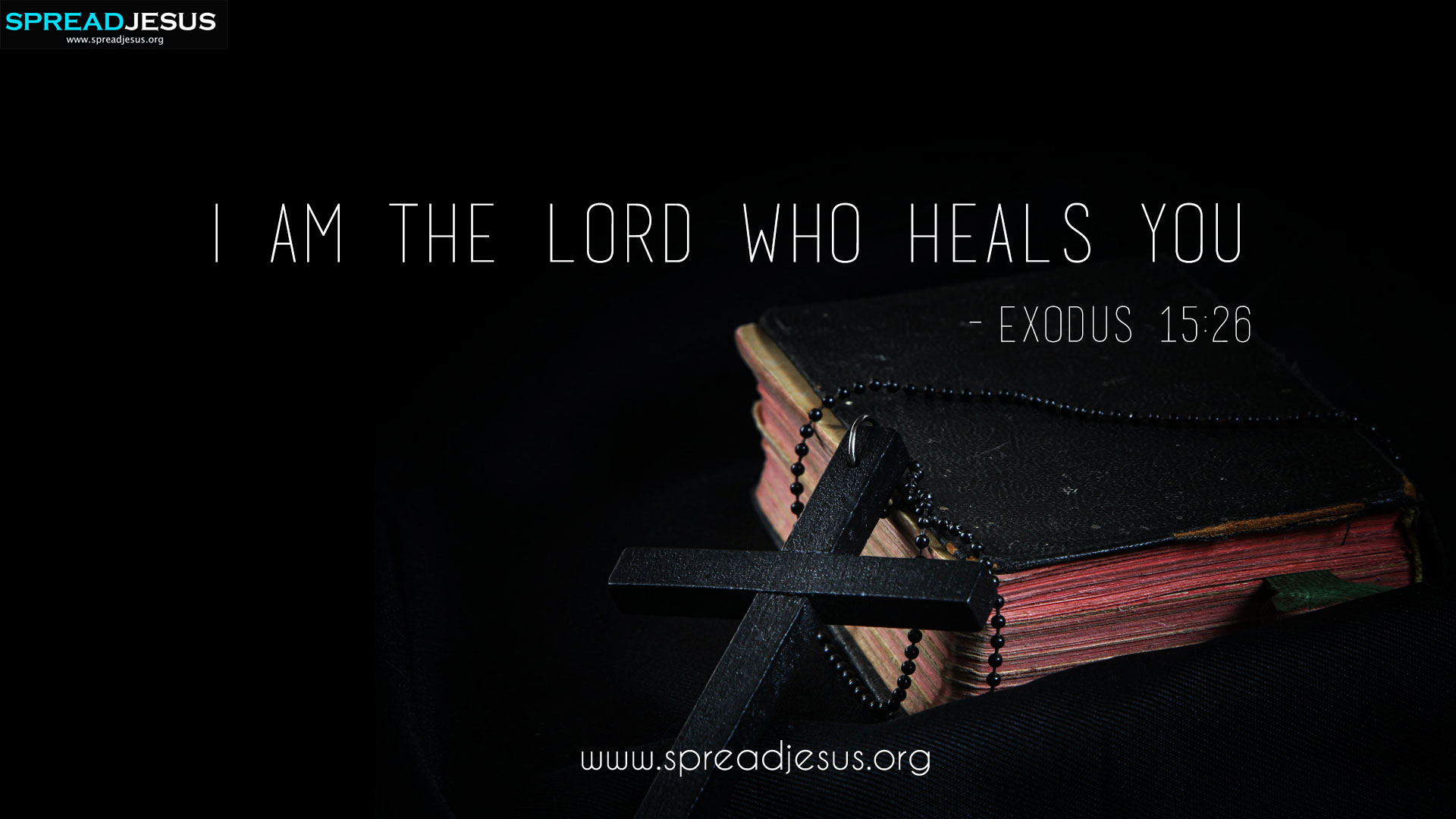Saint Eugene III Catholic Saint
CATHOLIC SAINTS 28-12-2023, 19:39

Saint Eugene III
Catholic Saint
st.Eugene III-Cistercian monk,pope
Feast Day : July 8
Also known as: Bernard of Pisa
There is much uncertainty about the parentage, place of birth, and original name of the pope known as Eugene III. Each of his biographers gives different information on these matters. The only thing certain is that he was born into a noble family named Pignatelli. He was educated at Pisa, Italy, and following his ordination as a priest, became a canon at that city’s cathedral. In 1135, after meeting St. Bernard, he joined the Cistercian order at Clairvaux, apparently taking the name Bernard (Bernardo) after his mentor. Later he was sent by his order along with other monks to the ancient abbey of Farfa, but Pope Innocent II (r. 1130–43) instead assigned them to St. Athanasius (then Tre Fontane) in Rome. Thus, he was living in Rome when he was unexpectedly elected pope on February 15, 1145, the day his predecessor, Lucius II (r. 1144–45), died. Eugene was enthroned in St. John Lateran but then, because the city threatened to erupt in violence (Lucius may in fact have been stabbed to death), he and his cardinals fled to the Farfa monastery.
After Eugene’s consecration in secret on February 18, he and his entourage moved to Viterbo. His elevation was soon welcomed by the entire Christian world with the exception of Rome. There, under the instigation of Arnold of Brescia, pilgrims who happened to be in the city were attacked, the palaces of the cardinals and nobles who supported Eugene were razed, monasteries were pillaged, St. Peter’s was turned into an armory. The violence was so extreme that it soon met resistance from influential families of the region, and they forced a reconciliation between the parties. At issue was the independence of an elected Senate from both the monarchy and the Roman Church. A democratic party, with whom Arnold was affiliated, wanted the Church to be beholden to the Senate. Nonetheless, a treaty was worked out whereby the Senate would pledge allegiance to the pope. The pope and the Senate would have separate courts, with the right of appeal from either court to the other. The treaty enabled Eugene to return to Rome a few days before Christmas, 1145. However, when the democrats demanded the destruction of Tivoli, a town that had been faithful to Eugene, and he refused to allow it, the agreement broke down. With Rome again growing restless, Eugene left the city for the Castel Saint’ Angelo, then for Viterbo, and finally, early in 1146, crossed the Alps into France. For the next three years Eugene remained in France, convening councils to take action in regard to heresies such as Manichaeanism and ecclesiastical discipline in matters such as the dress and conduct of the clergy. In the spring of 1148, he began making his way back to Rome. On July 7 of that year, he excommunicated Arnold, still a leader of the democratic movement there.
Then in the winter of 1149, Eugene entered the city with the military assistance of Roger of Sicily, and celebrated Christmas in the Lateran. However, he and his court were soon forced to take to the road again. It was not until the spring of 1153 that the Treaty of Constance, made between the Church and the Holy Roman Empire, caused the democratic cause to lose support and collapse, and they were able to return to Rome for good. As vexing as the situation in Rome must have been for the Catholic Church during this period, it faced a much larger crisis in the Moslem advances in the Holy Land. The fall of Edessa in 1144 was bad enough, but then Christian principalities in Palestine and Syria were threatened. A Second Crusade was in order, and Eugene commissioned St. Bernard to preach it. The Crusade ended unfavorably, however, with the defeat of armies under the command of the king of the Romans and the king of France. In the summer of 1153, Eugene retired to Tivoli to escape the heat. He died there on July 8 and his body was carried back to Rome where it was interred in front of the high altar in St. Peter’s Basilica.

The Wisdom of Solomon Chapter-19 Wisdom 19:1 But the impious, all the way to the very end, were overcome by...
Learn more.jpg)
Acts 22:1-30 THE HOLY BIBLE The Acts Of The Apostles Chapter 22:1-30 Acts 22:1 "My brothers and...
Learn more
Saint Catherine of Bologna Catholic Saint st.Catherine of Bologna-Mystic, writer, artist and Poor Clare...
Learn more


